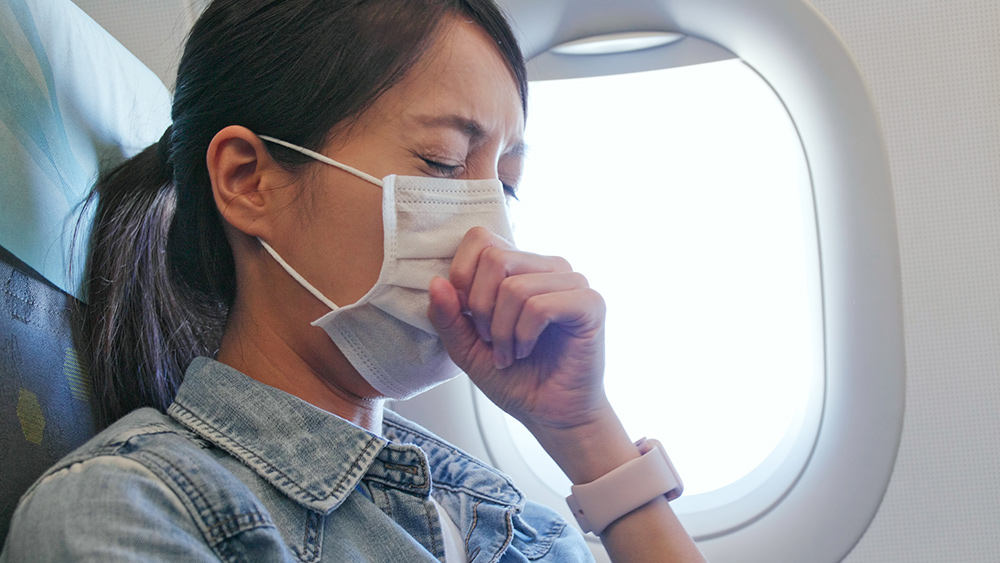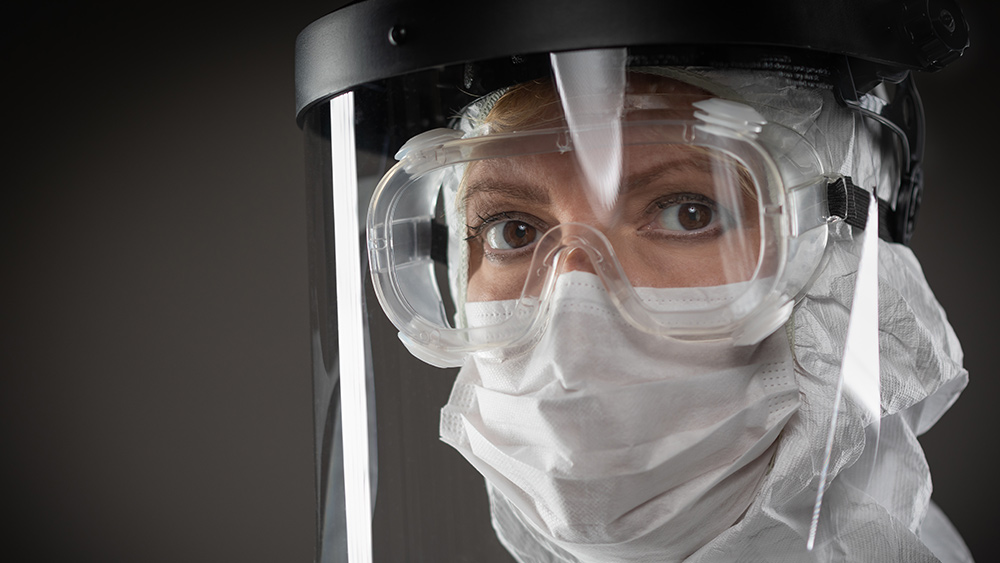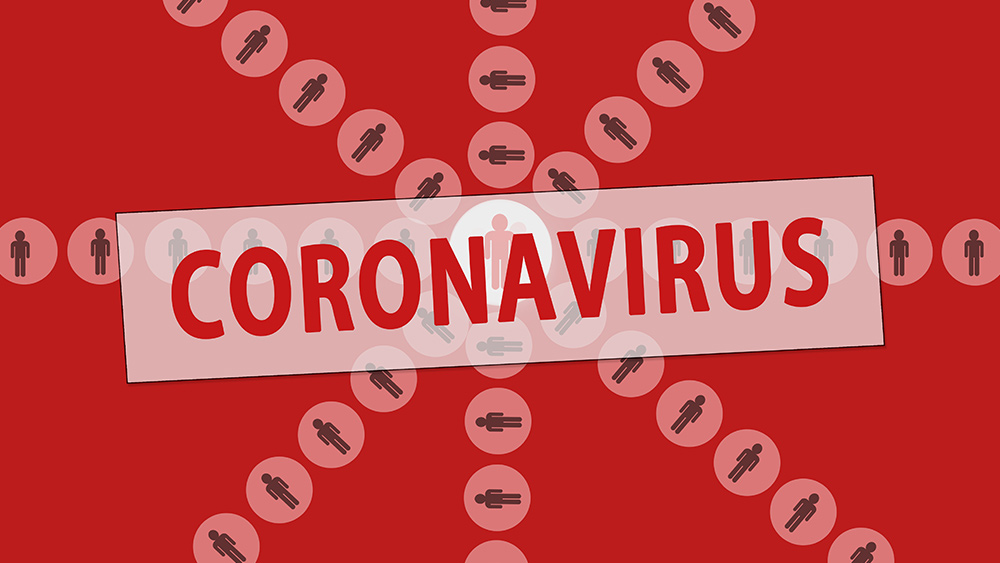Wuhan coronavirus is becoming a national security issue for America as one by one, our lawmakers fall ill: Rand Paul diagnosed
03/23/2020 / By JD Heyes

On Sunday, as the Trump administration continued to roll out response plans to the still-emerging Wuhan coronavirus and governors locked down their states, the impact of the outbreak on our lawmakers became more profound.
And frankly, it’s becoming a continuity of government issue.
On Sunday, GOP Sen. Rand Paul of Kentucky, himself a physician, announced that he has been diagnosed with coronavirus.
At 57, Paul has not yet reached an age where coronavirus is known to be more deadly. But Paul could be considered “high-risk” for the disease because “in August 2019, the senator tweeted that he had part of his lung removed during surgery after it was damaged in a 2017 assault by his neighbor,” Axios reported.
Paul’s office tweeted about his diagnosis:
Senator Rand Paul has tested positive for COVID-19. He is feeling fine and is in quarantine. He is asymptomatic and was tested out of an abundance of caution due to his extensive travel and events. He was not aware of any direct contact with any infected person. He expects to be back in the Senate after his quarantine period ends and will continue to work for the people of Kentucky at this difficult time. Ten days ago, our D.C. office began operating remotely, hence virtually no staff has had contact with Senator Rand Paul.
Paul becomes the first U.S. senator diagnosed but not the first one to have taken direct action due to the virus. As CNN reported, Sens. Mitt Romney (R-Utah) and Mike Lee (R-Utah) both announced they would self-quarantine for 14 days after hearing their Kentucky colleague was ill, though neither of them are showing symptoms.
‘Republicans could lose their Senate majority’
“Upon learning that my colleague Sen. Paul tested positive for COVID-19, I consulted the Attending Physician of the U.S. Congress, Dr. Harding,” Lee said in a statement. “He advised me that because I have no symptoms or other risk factors, a COVID-19 test was not warranted. However, given the timing, proximity, and duration of my exposure to Sen. Paul, he directed me to self-quarantine for 14 days.”
Romney’s office added: “Since Senator Romney sat next to Senator Paul for extended periods in recent days and consistent with CDC guidance, the attending physician has ordered him to immediately self-quarantine and not to vote on the Senate floor.” (Related: California Gov. Newsom warns 25 million could be infected in 8 weeks, which would lead to hundreds of thousands of deaths in California alone.)
Sen. Ted Cruz (R-Texas) announced March 17 that he had successfully completed a period of self-quarantine. But as CNN notes, there is a growing list of House and Senate members of both parties who are self-quarantining in order to avoid exposure to coronavirus.
And as USA Today noted, there could also be political implications to the coronavirus.
The paper observed that as more Republican senators either catch the disease or self-quarantine, they could temporarily lose their majority — which could have major implications in terms of what legislation is passed, a delay in votes for President Trump’s judicial nominees, and even a loss of quorum.
“Republicans could lose their Senate majority as the novel coronavirus courses through the U.S. Capitol – with five GOP members in self-quarantine as of Sunday afternoon as lawmakers negotiated a massive economic rescue package to help laid-off workers and shuttered businesses,” USA Today reported.
But there may be a way around that. Sens. Dick Durbin (D-Ill.) and Rob Portman (R-Ohio) have proposed a resolution calling for remote voting.
Still, the outbreak of coronavirus is the result, once more, of Chinese malfeasance, and it merely underscores the need for the United States to cut their ties with a Communist government that refuses to play by the rules of civilized first-world nations.
Sources include:
Tagged Under: China, Collapse, Congress, continuity of government, covid-19, democrats, GOP, House of Representatives, infections, national security, outbreak, pandemic, President Trump, Rand Paul, remote voting, risk, self-quarantine, Senate, White House, Wuhan coronavirus



















